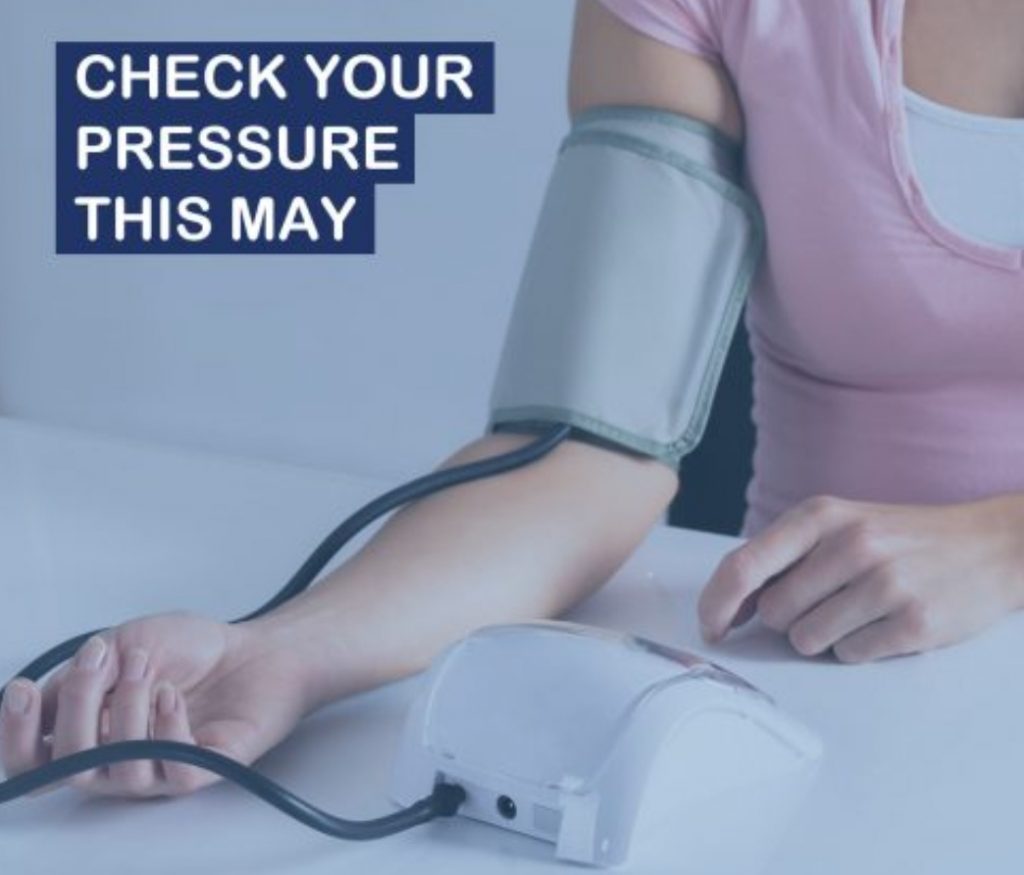Having quickly moved beyond a health crisis alone to a complex socio-economic impact that will push millions of children and their families back into poverty, coronavirus continues to cause havoc across the globe, with rising number of obese citizens now said to be a thing.
A recent national survey conducted by Pharma Dynamics among almost 2 000 South African adults paints a dire picture of the situation as highlighted below.
- 45% of respondents said lockdown regulations impacted their eating and exercise habits for the worse.
- 44% picked up between 2-5 kg; 15% are 6-10 kg heavier and 4% gained an extra 10 kgs or more.
- 58% of family members (spouse/children) also packed on a few pounds.
- Increased weight gain in 15% of pets were also reported, which has equally real health consequences.
- 34% said their diet consists mainly of takeout and ready-made meals, while a further 30% said they eat what they can afford since their income has been impacted.
- 42% are exercising less than before the pandemic.
- 59% are currently on medication for a comorbidity such as heart disease, diabetes or hypertension.

The survey assessed the effect of the pandemic and the subsequent lockdown on the nation’s eating and exercise patterns.
Nicole Jennings, spokesperson for Pharma Dynamics, says they are concerned about the long-term, negative effects that lockdown regulations have on SA’s obesity epidemic.
“Treats and calories are up, while exercise is down, which is never a healthy combination. Limited access to daily grocery shopping may have led to reduced consumption of fresh fruit and vegetables in favour of highly processed food. In times of stress and uncertainty, people also find solace in comfort food, which tends to be low in nutritional value and high in carbohydrates, fats, salt and sugar.”
The study was conducted to coincide with the global the “Measurement Month” in May – an initiative launched in 2005 by the International Society of Hypertension (ISH) to raise worldwide awareness around the dangers associated with high blood pressure.

“The likelihood of hypertension developing in those who are obese is almost certain and it can result in serious health problems that are even more life-threatening than COVID-19,” says Jennings.
To put it into context, 10 million people die due to hypertension complications alone every year – almost four times more than those who have died from COVID-19.
The help reduce the global burden of hypertension, members of the public encouraged to measure their blood pressure regularly as the so called silent killer typically has no symptoms and often goes undetected.
Furthermore, Jennings stressed the vital role eating a healthy balanced diet accompanied by regular exercise in maintaining physical and mental health and overall well-being
*For a selection of branded content hand-picked by NOWinSA editorial team, click here!


